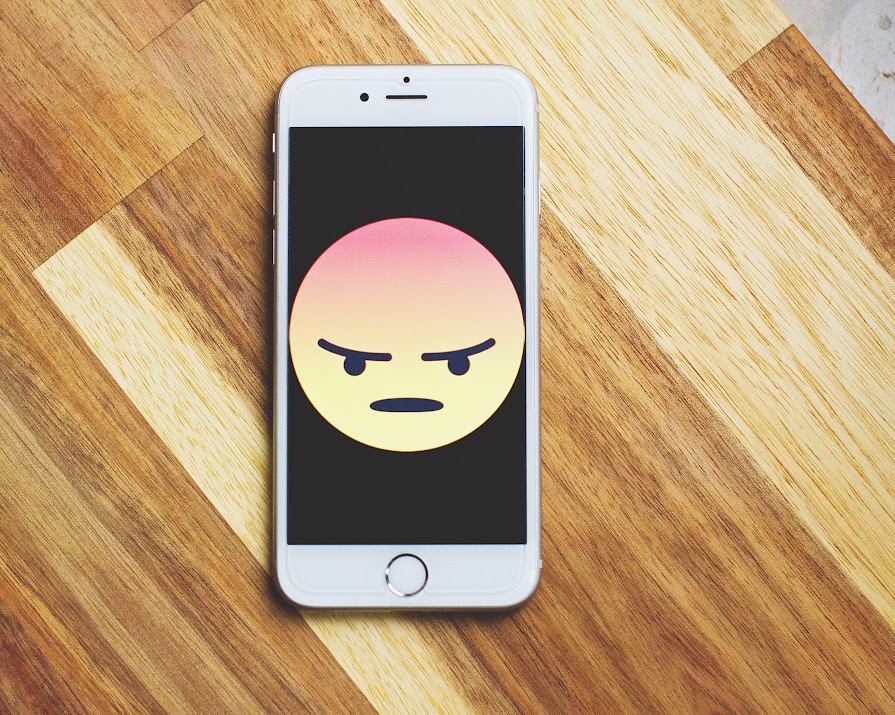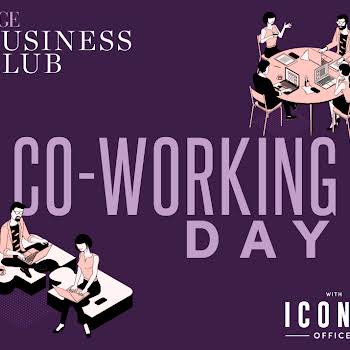
By Colette Sexton
12th Jun 2018
12th Jun 2018
Colette Sexton, news correspondent at The Sunday Business Post, on how to politely but firmly ensure you are called by the correct name.
What’s in a name? Well, rather a lot actually. Our names are our first identifier. They are deeply personal. They are the reason parents agonised and argued over growing bumps. They were carefully taught to us by retracing neat pencil-letters. They were how we introduced ourselves to our other halves and our best friends. They might represent a family tradition, a heritage, an ethnicity or even just a parent’s quirky nature. Research from Ghent University shows that our names can influence our choice of job. A study published in the Journal of Personality and Social Psychology found that our names impact who we marry. Analysis from Emerald Insight found that the uniqueness and ethnicity of first names influence how likely we are to be hired for a job.
Yes, names are important, yet so many people call each other by the wrong one. Depending on the person’s nature, they can laugh off being called the wrong name, or they might get very offended. Let’s not forget the Friends episode where Ross declared he would take Rachel’s hand in marriage at the altar in front of his bride-to-be, Emily. That did not go down too well.
Leaving aside romantic relationships – I hope you have all learnt from Ross’s mistake and have memorised your significant other’s name – being called the wrong name can pose a particular problem in the workplace.
On your first day, someone mistakes Katie for Kate. Katie, not wanting to be seen as awkward in her new job, does not correct them. Fast-forward a few decades and “We’ll miss you, Katie” is emblazoned across her retirement cake. I get annoyed when someone adds an extra “l” in Colette so this is the stuff of my nightmares.
There are several ways to politely inform someone that they are calling you by the wrong name but the most important thing is to nip it in the bud quickly. The longer it goes on the harder it is to unravel. The first time someone calls you the wrong name, just correct them. “Excuse me, it’s actually Julie with an “ie”. Don’t worry – you’re not the first to call me Julia.” If you do have a name that is difficult for others to pronounce, then spell it out the first time you meet them, or by saying a common word that rhymes with it.
If it is too late to re-do a first meeting, enlist a friend to engage the three of you in conversation and tell your friend to repeatedly drop your name in the conversation until the other person cottons on (often they can be mortified if they realise they have been calling you by the wrong name for a while).
If you’ve tried all over the above and it still isn’t working, start calling the person by the wrong name. It is an aggressive move, but usually works.
Finally, don’t forget to make an effort when learning other people’s names. Just because someone is from a different country or has a name you’re not familiar with does not mean you can just ignore it. If you’re not sure of how to pronounce it, ask them again. They’ll appreciate you having the respect to ask and get it right, rather than mispronouncing their name for eternity.






















